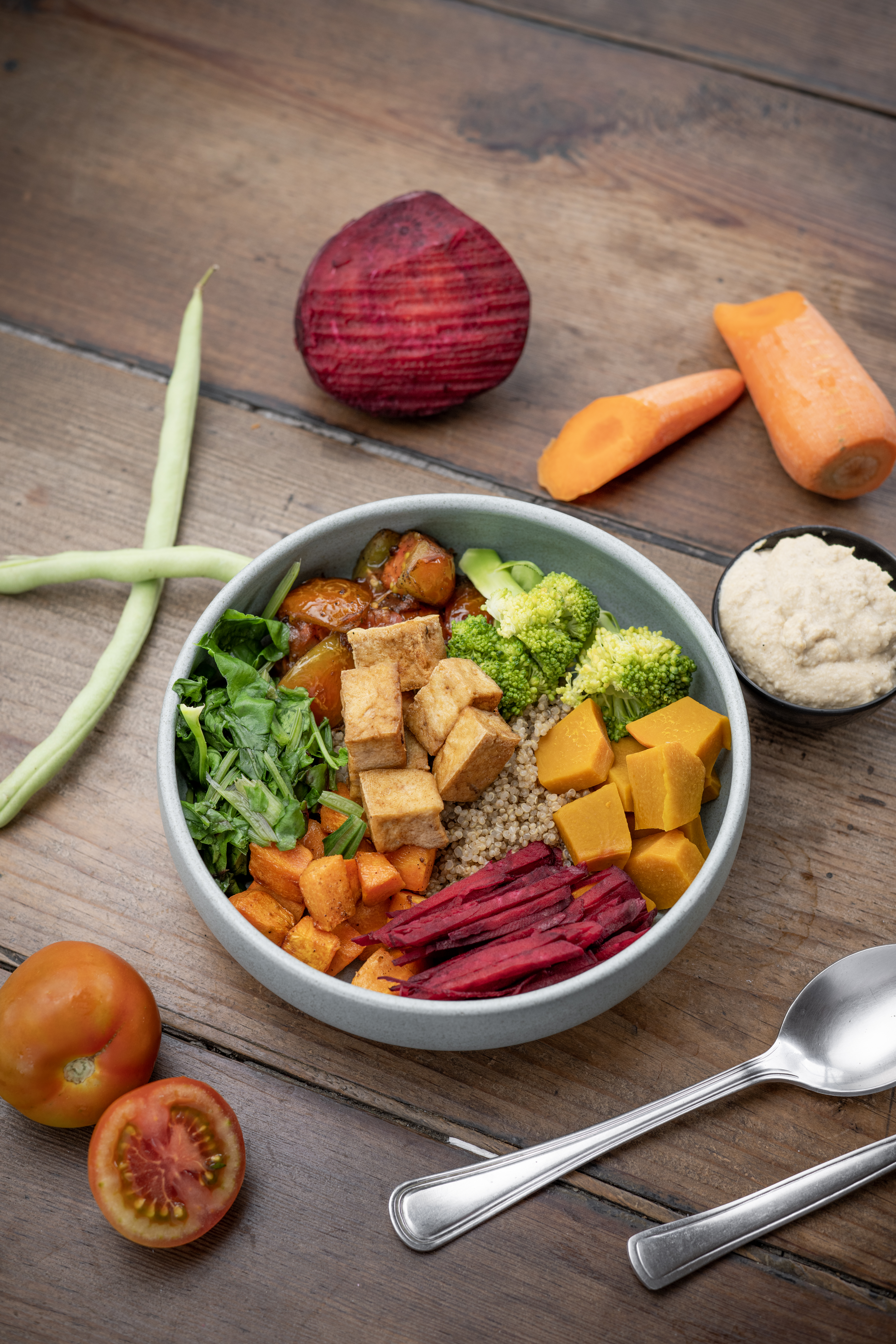Eating for Hormonal Ageing: 10 Key Questions Answered
As women enter their 30s and 40s, hormonal changes can disrupt metabolism, mood, weight, and energy—but the right food can restore balance. Clinical nutritionist Sonal Talegaonkar answers 10 essential questions on how to eat smart for hormonal harmony at

Ageing is inevitable, but hormonal chaos doesn't have to be. Starting in your 30s and especially through your 40s, your body begins to shift gears—slower metabolism, stubborn belly fat, mood swings, irregular periods, and fatigue become common complaints. Most of these changes are linked to hormonal aging, yet very few women are guided on how to adapt their nutrition to stay balanced, vibrant, and in control.
Here are 10 expert-level questions answered to help you eat smarter through your 30s, 40s, and beyond.
1. What is “hormonal aging” and when does it begin?
Hormonal aging refers to the gradual decline in estrogen, progesterone, DHEA, and growth hormone levels. It often begins subtly in the early 30s, becomes more pronounced in the 40s (perimenopause), and reaches a peak shift during menopause.
2. Why do women gain weight more easily after the age of 35?
As estrogen and progesterone drop, metabolism slows and fat starts accumulating—especially around the belly. Combined with increasing insulin resistance, the body becomes more prone to storing fat and less efficient at burning it, especially without strength training or protein-rich diets.
3. Which nutrients are essential during this phase?
Women going through hormonal shifts need:
-
Protein for lean muscle and metabolism
-
Omega-3s for hormone production and inflammation
-
Calcium + Vitamin D for bone protection
-
Magnesium for PMS, cramps, and sleep
-
B-complex vitamins for mood and energy
4. What’s the ideal breakfast for hormonal health?
Avoid carb-heavy, sugary breakfasts. Instead, start your day with protein, healthy fats, and fiber to stabilize blood sugar and cortisol. Try:
-
Paneer-stuffed moong pancake
-
Oats whey smoothie
-
Sattu drink + paneer oats pancake / scrambled eggs
-
Eggs with sautéed greens and avocado
-
Greek yogurt with flaxseeds and berries
5. How important is protein after 35?
Critical. With age, you lose muscle mass—a key driver of metabolism. To prevent this, women need 1.2–1.6 g protein/kg of body weight, spaced across meals. This supports fat loss, hormone function, and cellular repair.
6. Is intermittent fasting safe for women over 40?
It can be—but needs personalization. While a 12–14 hour fasting window can help with insulin sensitivity, longer fasts might stress the adrenal glands. Women with thyroid issues, chronic stress, or poor sleep should approach fasting cautiously.
7. How does gut health affect hormones?
Your gut helps regulate estrogen, cortisol, and even mood hormones like serotonin. A poor gut can worsen bloating, PMS, and fatigue. Improve it with:
-
Prebiotics (onions, oats, bananas)
-
Probiotics (curd, fermented foods)
-
High-fiber foods (greens, flaxseeds)
8. Can diet reduce hot flashes or mood swings?
Yes. Foods rich in phytoestrogens (flaxseeds, tofu, soy) mimic estrogen and can ease symptoms. Avoid caffeine, alcohol, and sugar, which trigger hot flashes. For mood, increase B6-rich foods like bananas and walnuts.


